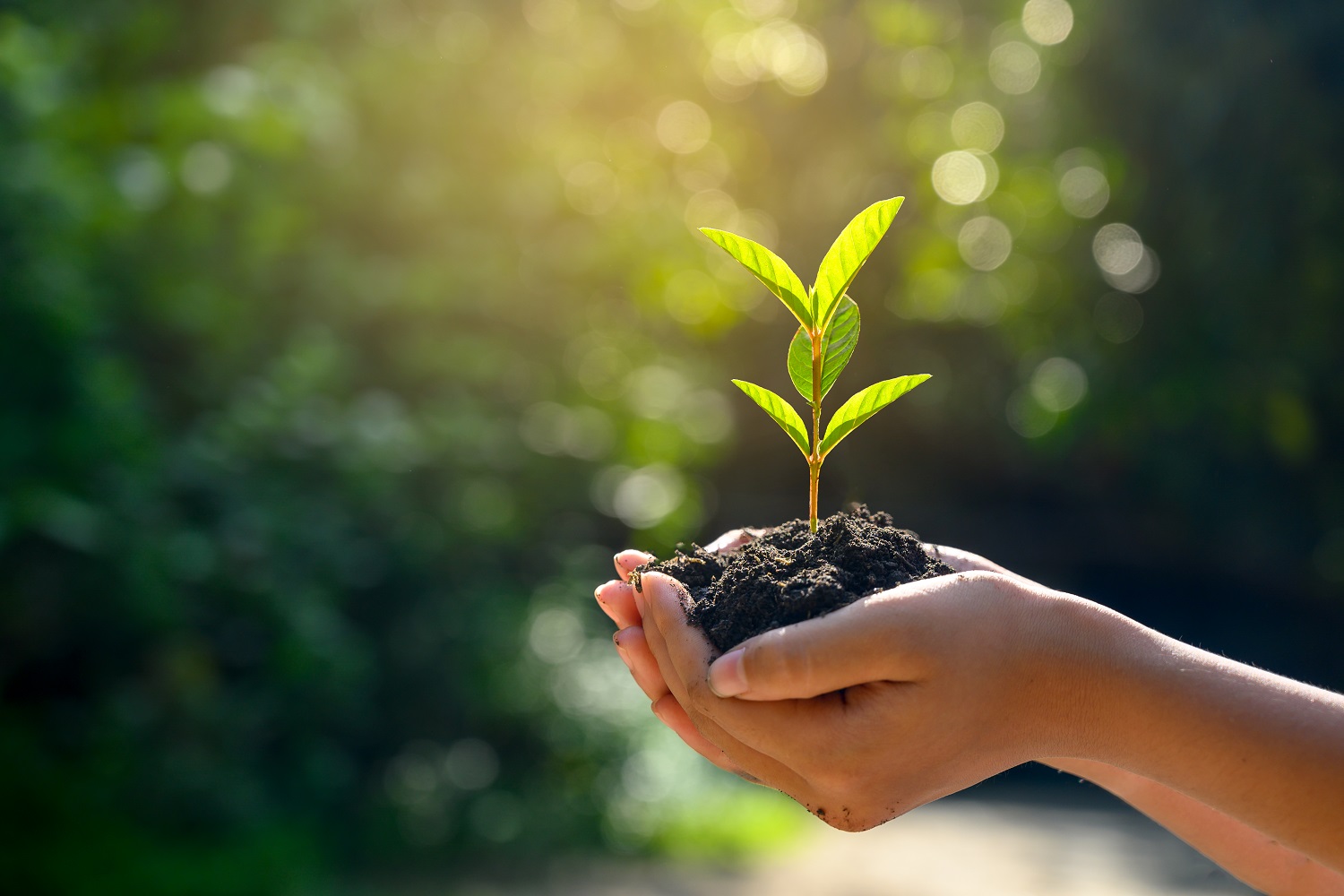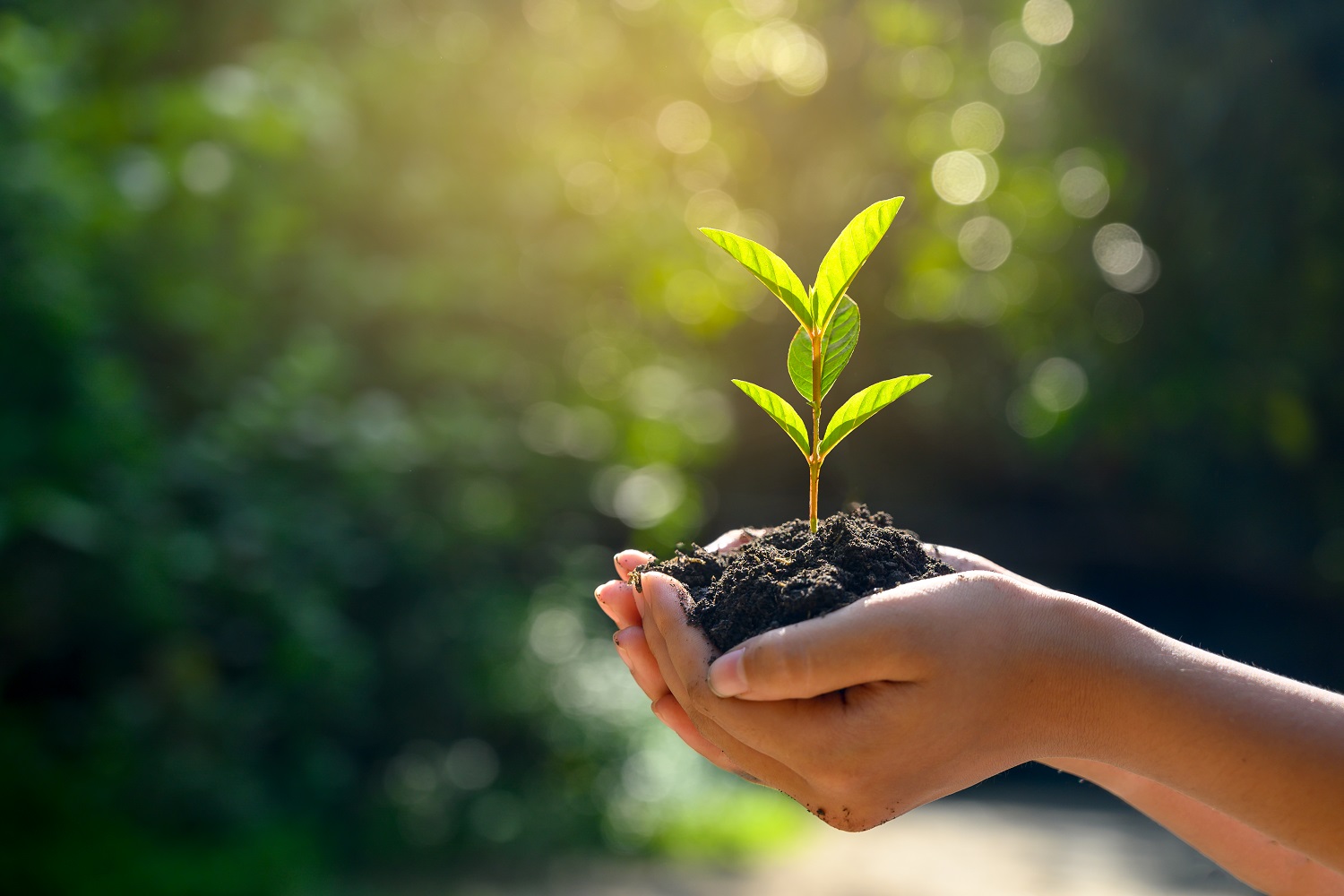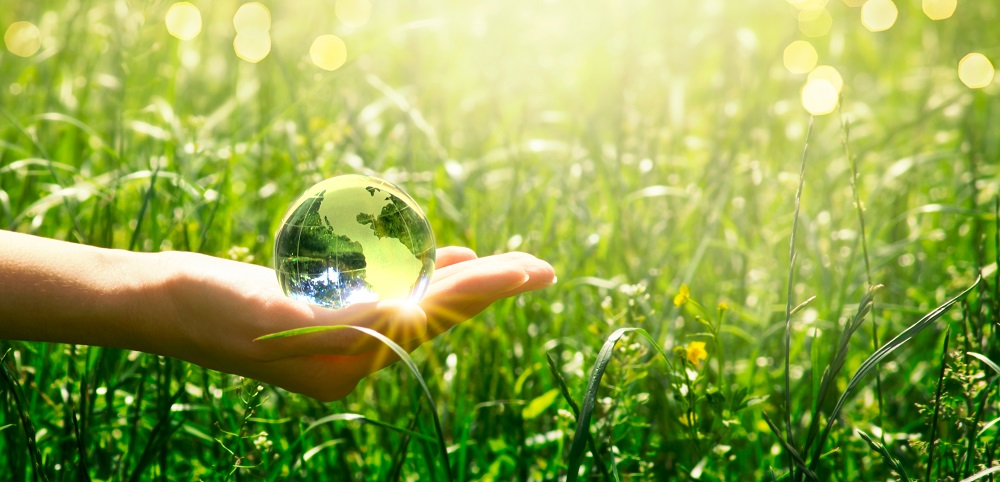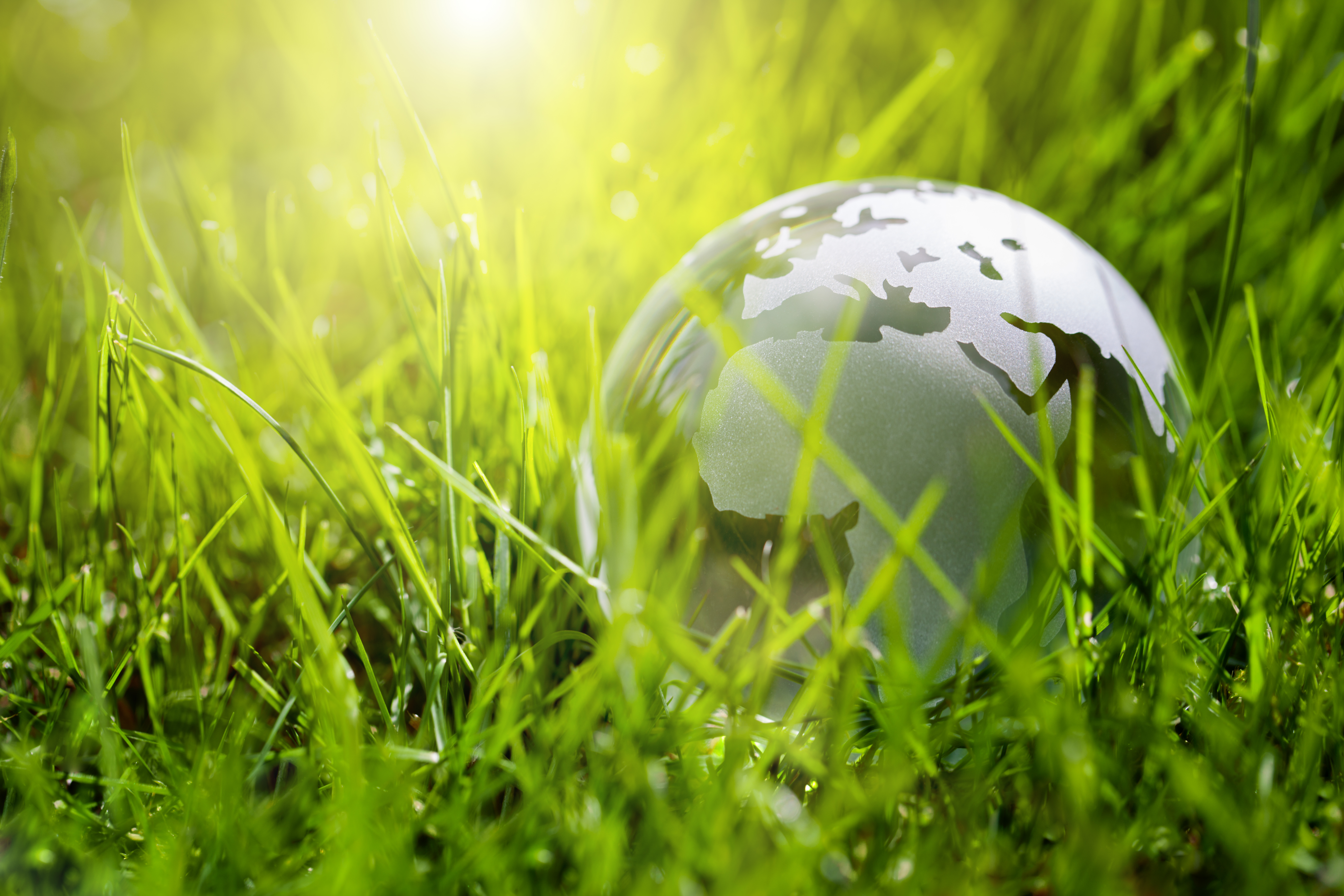
Veolia has embarked on a nationwide decarbonisation project of its Australian operation to reach ecological transformation.
Under the $20-million project, rooftop solar panels and commercial battery stations will be installed across Veolia’s eligible Australian facilities, building the company’s capacity for behind-the-meter energy independence.
The outputs will power Veolia’s offices and operational activities, significantly reducing its reliance on fossil fuelled power production and creating energy resilience in a volatile market.
Grant Winn, Veolia’s chief operating officer for industrial and energy, said the green energy project is part of the company’s vision to hit net zero, while addressing concern about local energy stability, availability and price.
“We are headed to a net zero target in 2050 and we don’t want to be held back by external factors. Harnessing our own renewable energy solution is a no-brainer,” Winn said.
The initiative will be further complemented by electric vehicle (EV) charging stations, to support employees that wish to transition to electric cars, as well as capacity for electric fleet potential.
“We’re evaluating the feasibility of transitioning our vehicle fleet to be gas, battery or hydrogen powered in the future,” Grant said. “
Across hundreds of vehicles nationwide, that’s a substantial investment and one we need to be ready for. By installing charging stations now, we’ll be a step ahead if we ultimately move down the electrification path.”
The first phase of Veolia’s nationwide green energy roll-out includes three facilities in Queensland.
In total, around 636 commercial-grade photovoltaic panels, 180kWh of batteries and 6 charging stations will be installed. This alone will result in the generation of 507MWh of renewable energy per year, equivalent to the consumption of around 100 households.
The solar panels, batteries and charging stations will all be interlinked, forming part of a coordinated platform that will connect into Veolia’s purpose-built Hubgrade technology, allowing the company to take control of its own energy chain through vertical integration.
Winn said the versatility of the technology has its own advantages, giving individual sites the power to vary their energy usage and even direct it to other facilities when needed.
“The batteries on site will store energy for use overnight,” he said.
“When the sun goes down, we won’t be left in the dark; we’ll simply switch to our battery supply to keep us moving. And if another facility has a need for more energy, we’ll have the flexibility to divert from one site to another.”
With each site becoming its own green energy powerhouse, Grant said the icing on the cake is the 8,000 tonnes of carbon dioxide the project will save from entering the atmosphere.
“That’s the equivalent of removing 2,213 diesel-powered cars off the road every year. It’s hard not to be excited about how our investment will benefit the environment.”
Across Veolia’s 40 eligible sites, it is estimated the initiative would deliver 4.6MWh from batteries – the equivalent of powering 120 electric vehicles – and 8.2MW from solar photovoltaic panels.
Together, the initiative will produce 11.2GWh of energy per annum, enough to power 2,100 households.
Comment below to have your say on this story.
If you have a news story or tip-off, get in touch at info@incleanmag.com.au
Sign up to INCLEAN’s newsletter.



